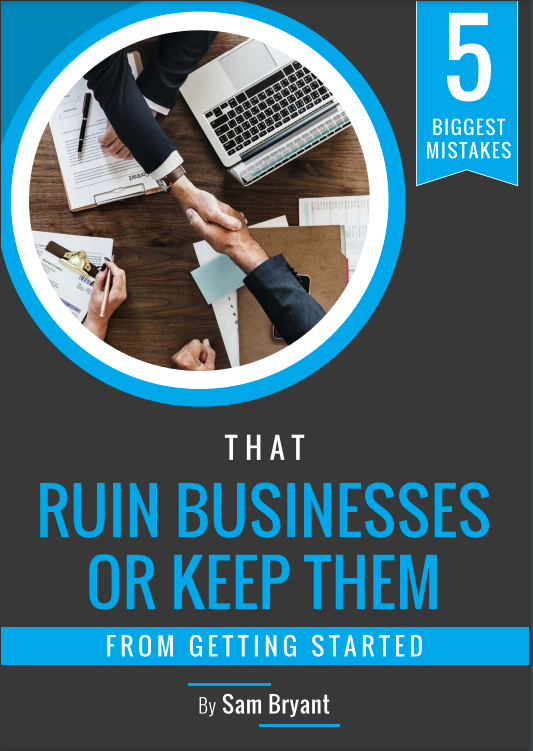
When you do business in Florida, there are several laws that shield you and your business partners from unfair practices. Florida Statute 772.11 provides unique protections – defending businesses and individuals from what’s referred to as “civil theft or exploitation.” The aim of this bill is to ensure victims of violations of statutes 812.012-812.037 or statute 825.103(1) have recourse.
If a person is able to prove they suffered injuries or losses as a result of any of those violations, then Florida’s civil theft statute provides them with a potential recovery of 3 times that of the actual damages along with the applicable attorney and court fees.
One of the most common claims our clients come to us about relates to when a business partner steals from them. This can include when a business partner locks another partner out of business accounts or even when a business partner uses business property for personal use. So, how would the process of taking advantage of these statutes play out if you’re wronged?
“Clear and Convincing Evidence”
The four most important and often most hindering words in the entire statute are in the first line. Unlike many other civil claims, a civil theft case puts the entire burden of proof on the plaintiff claiming damages – and it can’t just be very likely to have occurred. The plaintiff must prove almost entirely that the incident occurred and that the claimed damages are accurate and true. This doesn’t quite reach the highest level of the burden of proof under a jury trial, but it extends beyond the usual scope of civil cases.
This means all business partners should extensively document any damages, receipts, communication, and other information related to the case. The proof will be necessary and all accounts must be direct recollections as opposed to simply attempting to recall the facts as you (and witnesses) remember them.
Pre-suit Demand
Prior to filing a formal civil theft complaint, the plaintiff must first notify the defendant of their claim. This filing should include the amount being claimed which will be a minimum of $200 up to the treble damages.
If this demand is filed and the person who received the demand simply pays the claim then they will be released from any further civil liability. If they refuse to pay the demand then a civil theft claim can move forward.
Risks of Filing an Unsubstantiated Claim
What’s important to know in any claim against a business partner or any other entity under Florida’s civil theft statute is that failing to provide “clear and convincing evidence” can result in liability on the claimant’s part. This means if you file a claim and fail to secure a remedy for damages due to the lack of evidence then you may be responsible for the defendants’ legal fees.
These cases can be integral to the financial future of yourself, your business, and other business partners. However, you should tread lightly and make sure your case is solid before diving in and exposing yourself to further financial harm. At Bryant Taylor Law, we can help you navigate the statute and understand case law that applies directly to these claims. Contact our firm before moving forward to make sure you have a case and the best representation possible.
ventus
Latest posts by ventus (see all)
- The Role of a Business Attorney in Estate Planning - October 13, 2022




